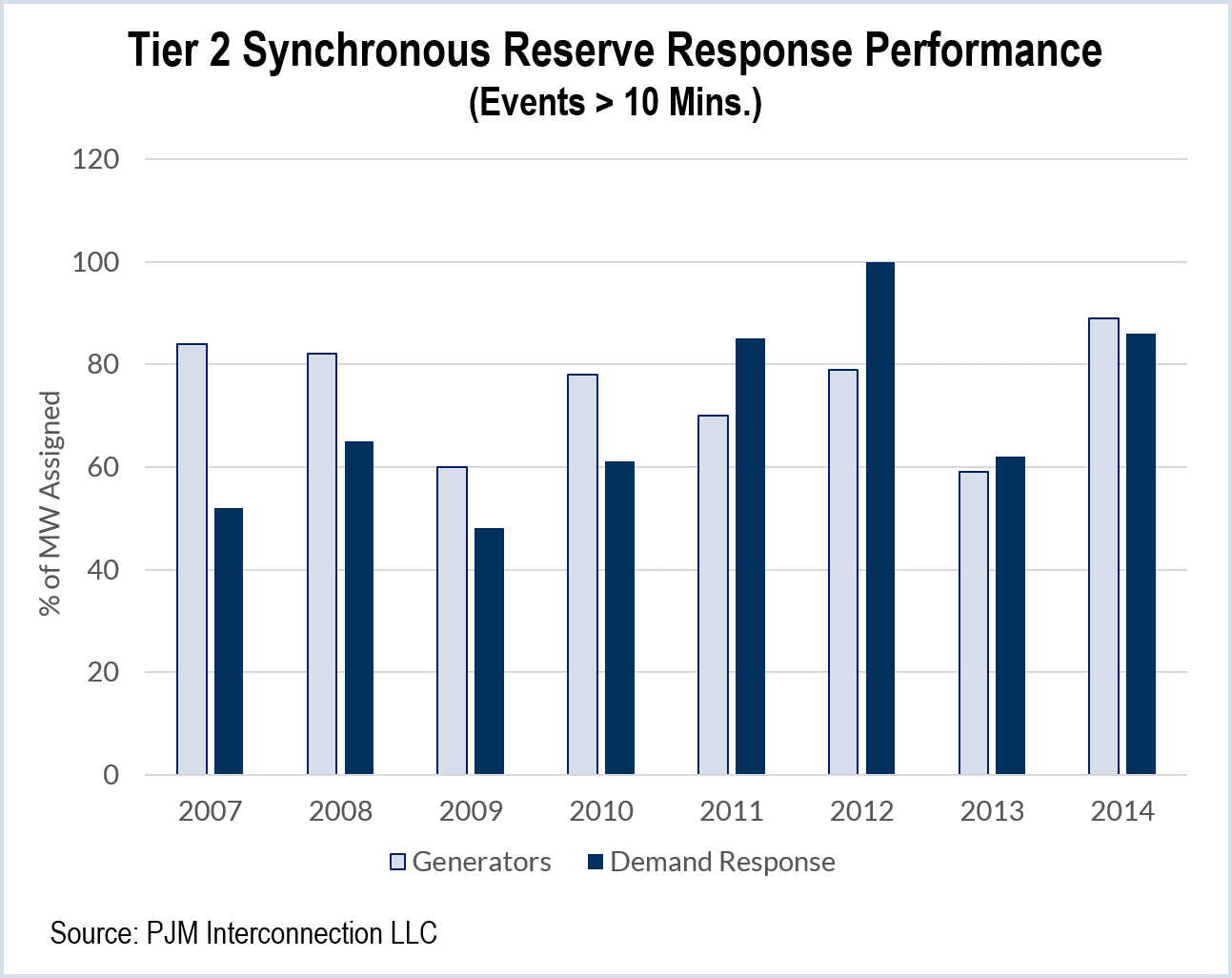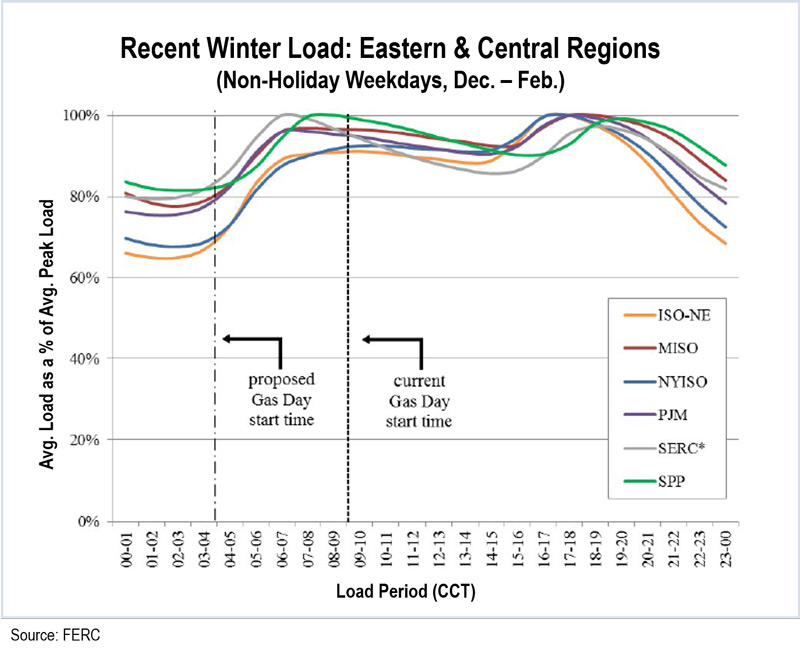
Industry trade groups and almost two dozen states told the court that the Clean Air Act requires the EPA to consider compliance costs at an earlier stage in the regulatory process. “EPA’s decision to ignore entirely the costs of its decision has led to one of the most far-reaching and costly rules — if not the most costly rule — ever imposed” under the Clean Air Act, the Utility Air Regulatory Group wrote in its appeal.
Environmental groups are closely watching the case. “Mercury and other air toxins from coal-fired power plants are a threat to public health, and all Americans must be protected from them,” said Vickie Patton, general counsel for Environmental Defense Fund. The group has filed an amicus brief in defense of the Obama administration. The court has not set a date for oral arguments.
More: Bloomberg
House Extends Wind Production Tax Credit Until End of 2014
The House passed legislation that extended wind production tax credits, along with other renewable incentives, until the end of 2014, retroactively extending those credits from when they expired at the end of last year.
The $42 billion bill, passed by a vote of 378-46, extends nearly $10 billion in energy tax credits. Although it’s good news for wind and other renewable-energy advocates, wind energy and environmental advocates say it is short-sighted and that a multi-year credit is needed to support the growing industry.
“The three-week extension being considered by the House does not provide the certainty and stability needed to keep U.S. factories open and keep workers on the job,” Tom Kiernan, chief executive officer of the American Wind Energy Association, said in a statement. Since the credit expired last year, new wind installations have dropped 92% compared to 2012. Fossil fuel groups such as the American Energy Association have fought the extension, saying it gives wind energy an unfair economic advantage.
More: Bloomberg
FERC Approves 5th Settlement with NERC, CAISO in 2011 Blackout
The Federal Energy Regulatory Commission approved the fifth settlement related to the 2011 Southwest Blackout that left 5 million people in California, Arizona and Mexico in the dark for 12 hours.
The settlement between the commission, the North American Electric Reliability Corp. and CAISO includes a $6 million civil penalty against CAISO that ends the investigation. FERC and NERC concluded that CAISO had failed to appropriately monitor the transmission system in Southern California, contributing to the tripping of the San Onofre nuclear plant and a blackout of the San Diego and Baja California areas. According to terms of the settlement, $2 million of the fine will be split between NERC and the U.S. Treasury, and the remaining $4 million will be invested in reliability improvements.
Settlements have already been reached between FERC and four other parties linked to the 2011 blackout: the Western Area Power Administration’s Desert Southwest Region, Southern California Edison, Arizona Public Service Co. and the Imperial Irrigation District.
More: FERC
Constitution Pipeline Gains FERC OK to Take Gas to New England
The Federal Energy Regulatory Commission approved a pipeline that will deliver natural gas from the Marcellus Shale fields to New England. Construction could start as soon as next quarter.
The Constitution Pipeline will run 124 miles from an existing pipeline in northeast Pennsylvania to New York, connecting with lines into New England. Once in operation, it will ease gas transportation constraints into those regions. Those constraints led to gas and electricity price spikes last winter. The pipeline will be owned by Williams Partners, Cabot Oil & Gas, Piedmont Natural Gas and WGL Holdings.
More: The Daily Star
NM Fines DOE $54M for Nuclear Material Storage Violations

The violations at the Waste Isolation Pilot Plant and the Los Alamos National Laboratory caused the rupture of a canister of nuclear waste at the pilot plant in February, which contaminated 20 employees and forced the facility to shut down. The state accuses Los Alamos of mixing incompatible waste, treating hazardous waste without a permit and failing to notify regulators about changes in the way waste was being handled.
“DOE now has an opportunity to learn from these mistakes and implement meaningful corrective actions that will ensure the long-term viability of the Los Alamos National Laboratory,” Ryan Flynn, New Mexico’s environment secretary, said in a letter to the lab.
More: Minneapolis Star-Tribune
Martha’s Vineyard Wind Energy Leases up for Auction Jan. 29

The tract – larger than the state of Rhode Island – will be the largest off-shore wind energy tract in the U.S. Twelve companies, including Fishermen’s Energy, which was recently rebuffed from developing a wind energy project off the coast of New Jersey, are qualified to bid for the four leases.
More: National Law Review; BOEM
Offshore Fracking in California May Spur Lawsuit Alleging Violations
An environmental group has threatened to sue the federal government to halt the use of hydraulic fracturing techniques in California offshore oil drilling.
The Center for Biological Diversity filed a notice of intent to sue the U.S. Interior Department over fracking, which it says violates federal law. The center said oil companies have used fracking at least 21 times without performing an analysis of the effect on coastal communities and wildlife. The center said it will file suit if federal authorities don’t step in to stop it within 60 days.
“The federal government’s turning a blind eye as offshore fracking threatens to poison our beautiful beaches and coastal waters,” said Miyoko Sakashita, an attorney and director of the group’s oceans program. “We need offshore fracking stopped immediately before chemical contamination or an oil spill devastates California’s coastal communities and kills sea otters and other endangered marine wildlife.”
More: Reuters
Calif.’s Boxer Says NRC Ignoring Post-Fukushima Daiichi Lessons

“The reality is that not a single one of the 12 key safety recommendations by the Fukushima Near-Term Task Force has been implemented,” Boxer said at a hearing of the Environment and Public Works Committee, which she chairs.
All five NRC commissioners attended the Senate hearing, and they defended the nuclear agency’s response to the 2011 disaster in Japan. “The NRC continues to make significant progress in implementing post-Fukushima safety enhancements,” NRC Chairwoman Allison MacFarlane said. She added that U.S. nuclear stations are already working on more crucial improvements, including reinforcing spent fuel pools, bolstering backup generation and bringing in more emergency equipment.
“As a result of these activities, nuclear power plants in the United States will have more defense and depth to cope with long losses of offsite power and other severe accident conditions,” MacFarlane said.
More: The Hill


